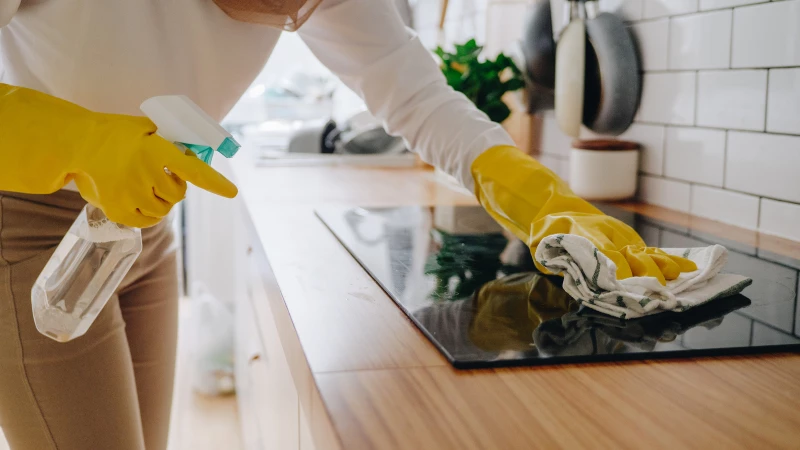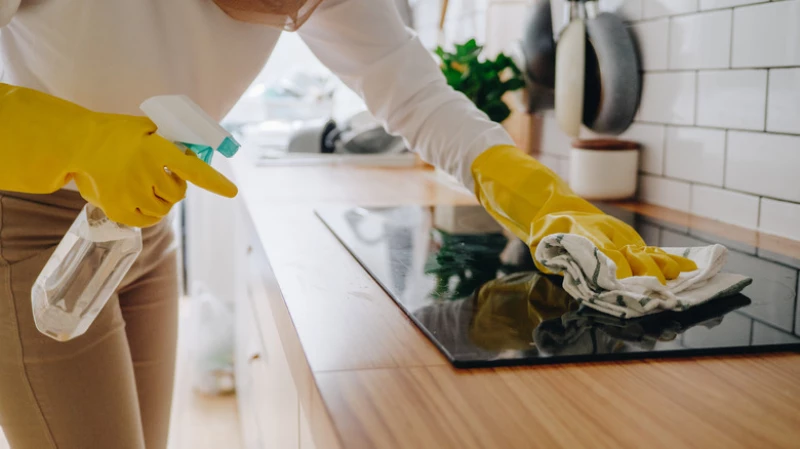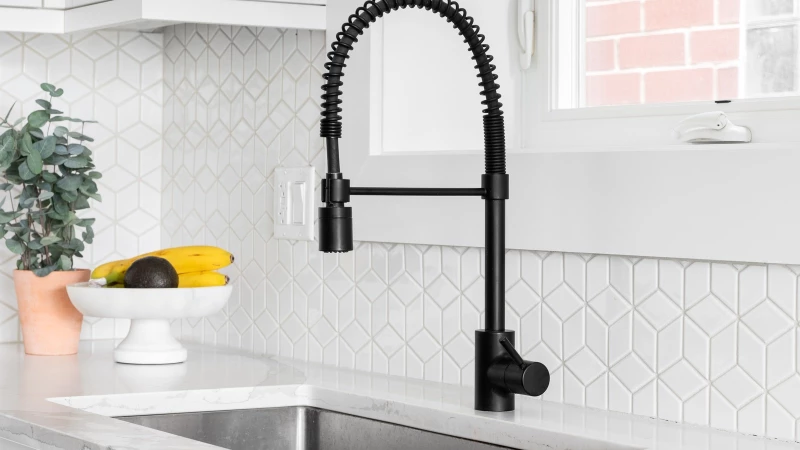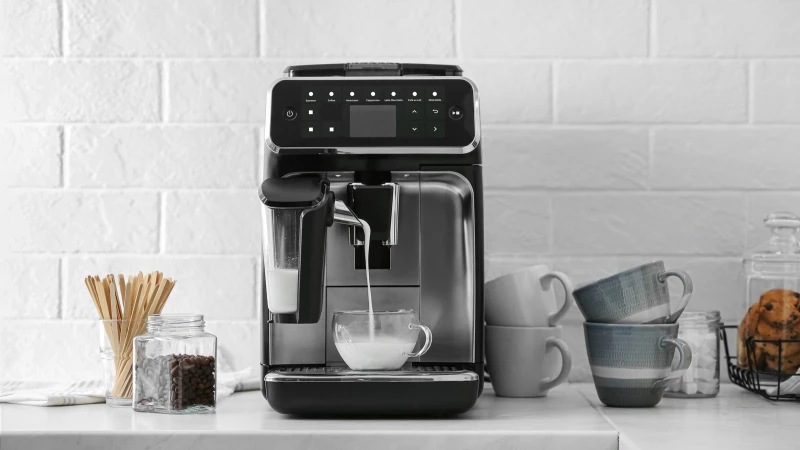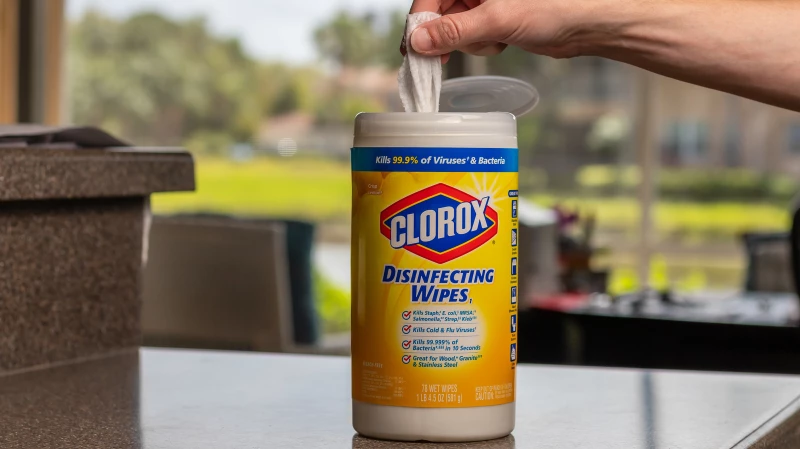Opting for a glass cooktop in your kitchen proves to be a smart choice, offering a simpler cleaning surface compared to the intricate coils of electric stovetops or the cast iron grates of gas stoves. The smooth glass top can be effortlessly wiped down after each use, but incorporating a deeper cleaning into your regular routine is essential. Keeping your glass stove top clean is not only crucial for preventing pests and bacteria but also for maintaining the appliance's functionality. By staying on top of cleaning, you can avoid stubborn stains and potential fire hazards caused by neglected spills or splatters.
How to clean glass stove tops with hydrogen peroxide
While there are plenty of commercial cleaners for glass stove tops, you can easily make an all-natural DIY cleaner using hydrogen peroxide and a few other common household ingredients. According to Grapes and Splendor's article featured on Pinterest, Hydrogen peroxide is a super effective tool for disinfecting and cleaning your glass cooktop because it is a great degreaser. Hydrogen peroxide can efficiently cut through stubborn stains and grease associated with stove tops without having to rely on commercial cleaners, which are often full of toxic chemicals that can be unsafe for inhalation or skin contact. Hydrogen peroxide, on the other hand, is an eco-friendly substance that ultimately breaks down to just oxygen and water which is much gentler on the cooktop and your body. Additionally, hydrogen peroxide is an affordable product that you probably already have at home and can now serve a dual purpose for cleaning cuts and disinfecting your stove.
If you're ready to have your glass stove top sparkle, all you'll need to proceed is a bottle of hydrogen peroxide, some baking soda, and a little dish soap. To begin, it's important to wait for your stove to cool so that you can avoid any accidental burns. Then Grapes and Splendor's Pinterest article recommends mixing 2 tablespoons of baking soda, ¼ cup of dish soap, and 3 tablespoons of hydrogen peroxide in a small bowl. Once combined, you can pour this solution over the top of your glass stove and use a sponge to spread it across the surface, paying particular attention to any areas with caked-on grease or food debris. Grapes and Splendor recommends allowing the mixture to sit for about 20 minutes to begin to break down any grime, grease, or debris that has caked onto your stovetop.
Cautions for using hydrogen peroxide
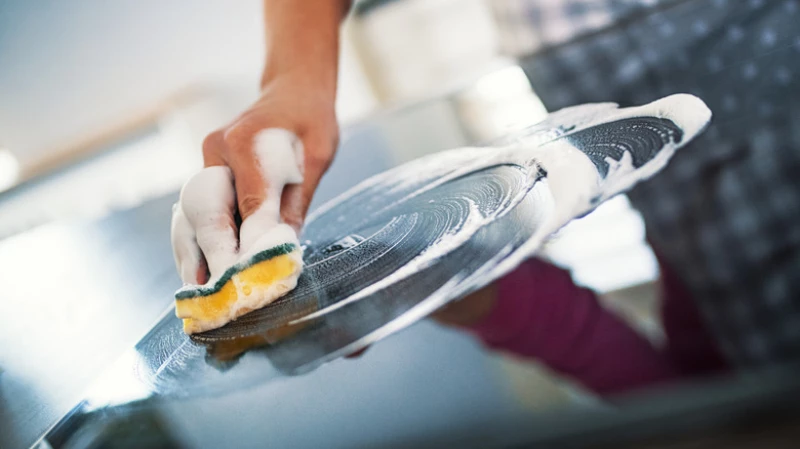
While hydrogen peroxide can be a fantastic and powerful cleaning tool that allows you to skip the harsh chemicals found in typical commercial cleaners, it is a solution that should be used properly and with caution for your own protection. When using any cleaning solution, including hydrogen peroxide, it's important to wear gloves to protect your skin from any irritation that can occur as a result of handling this cleaner. On that note, it's always a good idea to use hydrogen peroxide in a well-ventilated area, too, as the fumes can be unpleasant to breathe and bother anyone with respiratory conditions.
In addition, it is recommended to review the manufacturer's guidelines before using this DIY solution to clean your glass cooktop. Make sure that the ingredients such as hydrogen peroxide, dish soap, and baking soda are safe to use on your specific cooktop model. Following the manufacturer's cleaning instructions can help extend the lifespan of your stove and prevent any damage to the surface. If you are uncertain or cannot find the instructions, test the solution on a small, hidden area before applying it to the entire cooktop.
Remember to never mix cleaning products. If you choose to use hydrogen peroxide, stick to the recommended guidelines and avoid combining it with other cleaners like bleach or vinegar. Mixing hydrogen peroxide with bleach can be dangerous, while combining it with vinegar can produce harmful peracetic acid that can cause skin, eye, throat, nose, and lung irritation.

